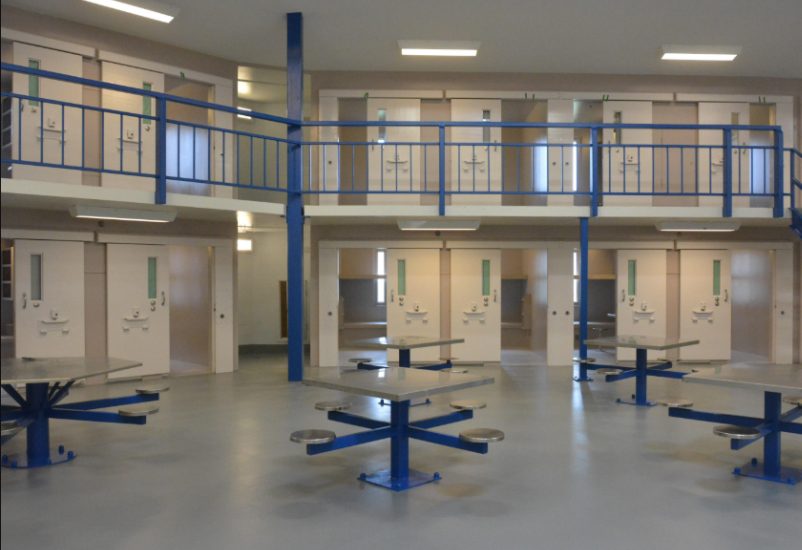KJIPUKTUK (Halifax) – At least eleven men and women have died prematurely in Nova Scotia prisons and jails since July 2011.

Most recently we heard about Samantha Wallace, a mother of four children who was held at the Nova Institute for Women and who died earlier this month of suspected pneumonia.
And prior to Samantha’s death there was the case of Joshua Evans, a young man held at Burnside who lived with developmental disabilities and took his own life in September 2018.
The grim list was compiled by Martha Paynter, a Registered Nurse, and a Doctoral Candidate at Dalhousie School of Nursing.
Paynter is also a co-founder of Women’s Wellness Within, an organization that supports criminalized women and trans individuals who are pregnant or parenting young children in Nova Scotia.
“I compiled the list back in November, for a public talk. In my talk I focused on the women, but I wanted to have a chronicle,” she says.
There are several things that jump out when you read the list.
Often the people who died remain nameless. “Unnamed. Age 48.”
As well, many people on the list were on remand. This is not surprising, given that up to 80% of people in provincial jails have been charged but not yet found guilty, Paynter says.
“That said, when you are on remand, and early in your incarceration, you may not have had your medication properly reconciled. A big one would be your methadone and suboxone to manage opioid use disorders, other ones as well,” says Paynter,
“When you are not managed adequately medically, then you are at risk of overdose and suicide, and that is what a lot of these deaths are,” she says.
Finally, and most alarming, many of the people who died were subjected to solitary confinement.
“Solitary confinement is so profoundly dangerous. We see many of these deaths occurring when someone is left alone. We need to put all emphasis on the abolishment of solitary confinement of anyone with a mental or physical illness or pregnancy,” says Paynter.
Paynter understands the call for public enquiries in any of these cases, but calls for more fundamental solutions as well.
“My impulse is to say, let’s make sure that anyone with a mental or physical health issue, which means everyone who is imprisoned, is medically managed and taken care of. That precludes incarceration,” she says.
“That said, we absolutely need answers, we need what is going on to be uncovered, and we need accountability,” she says.
On Wednesday March 13 Yusuf Faqiri will be in Halifax to talk about the death of his brother Soleiman, who lived with schizophrenia and was killed by guards while in solitary confinement in Ontario. Yusuf will speak about deaths in custody, the journey to justice for his brother, and the treatment of mental illness in Canada. Schulich School of Law, room 104, 7 PM.
With a special thanks to our generous donors who make publication of the Nova Scotia Advocate possible.
Subscribe to the Nova Scotia Advocate weekly digest and never miss an article again. It’s free!



